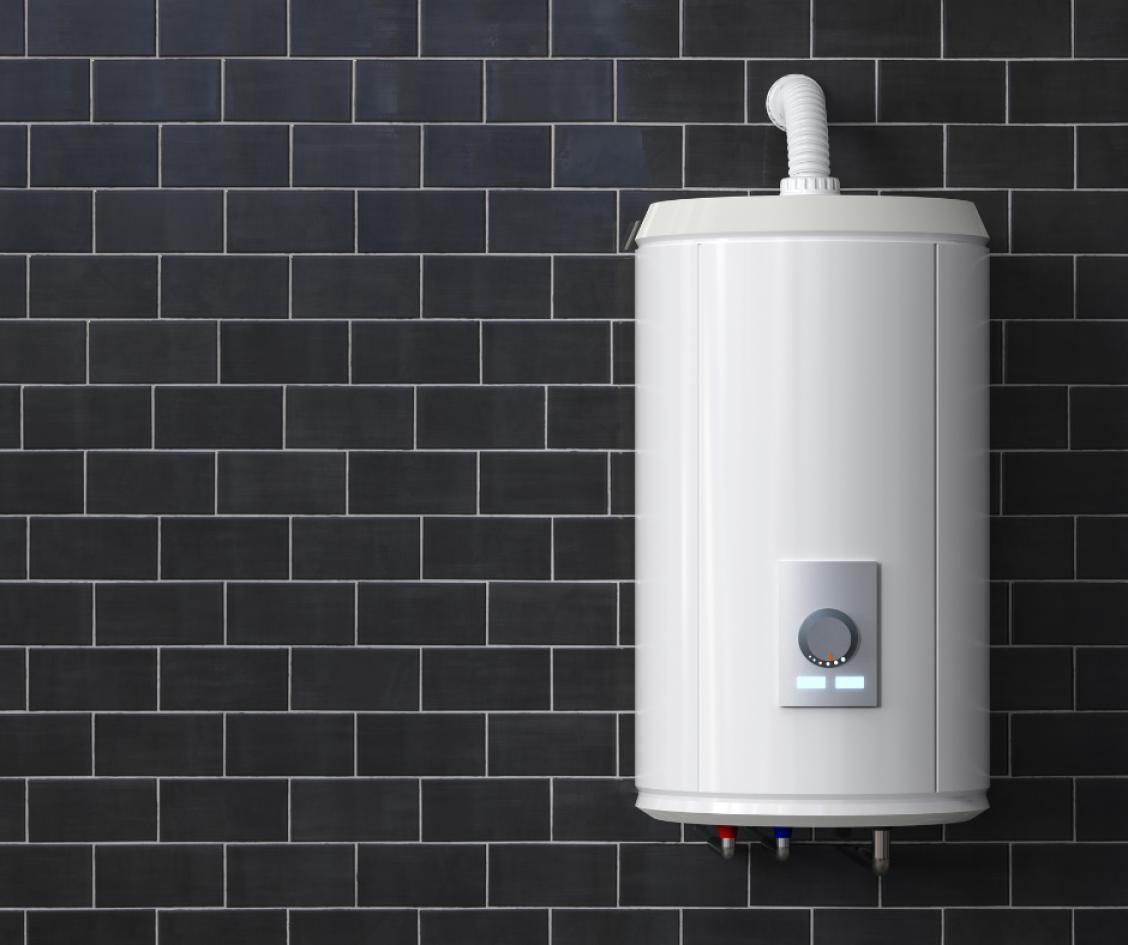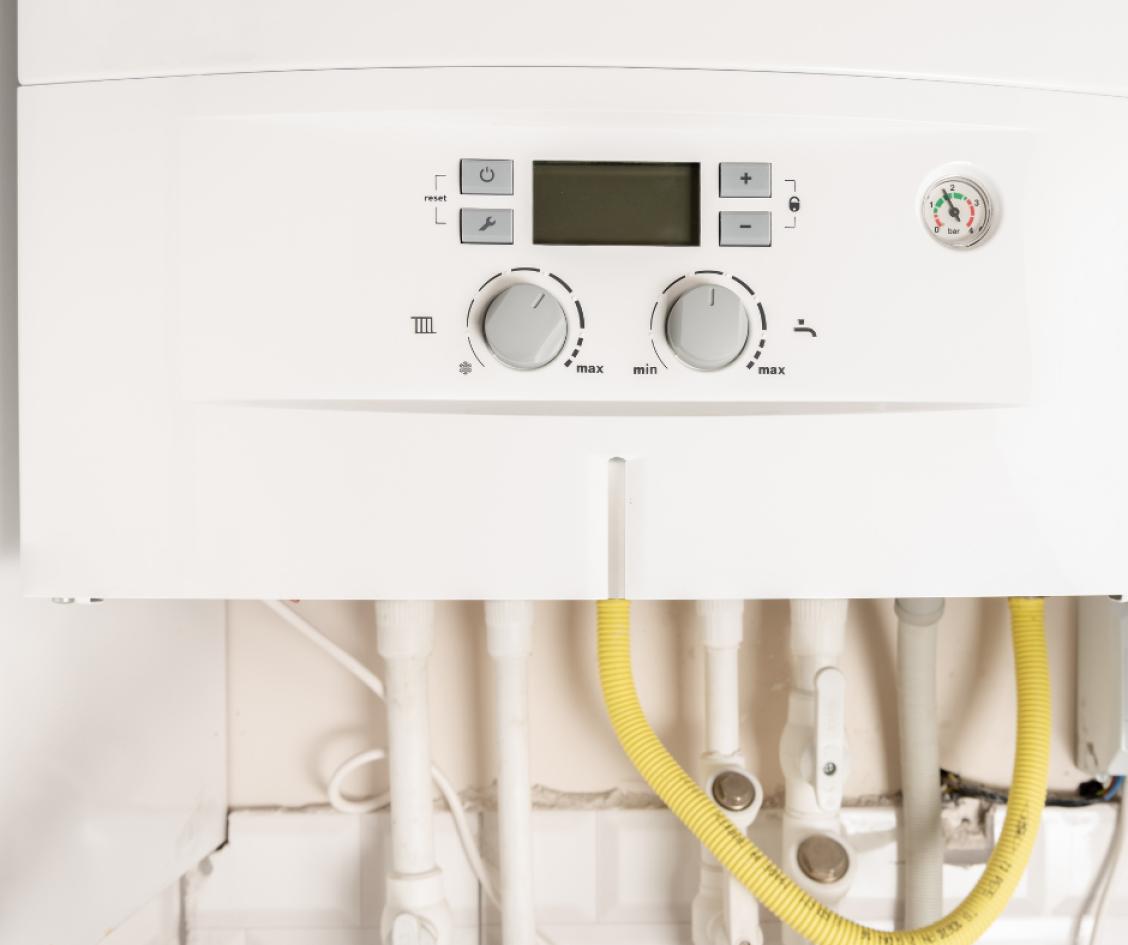When to Use an Electric Boiler and How Much They Cost to Run

The prevalence of electric appliances is rising across the country. The Department of Energy estimates that electricity powers one-fourth of all households in the United States. In the South and Midwest, where electricity costs normally run between $.07 cents and $.12 cents per kilowatt hour, all-electric homes are most widespread.
When compared to gas-fired boilers and other heating systems, how energy-efficient are electric boilers? is a common question among homeowners owning these equipment.
To address the query of how much power electric boilers require, we produced this guide. Additionally, we offer details on combi electric boilers, analyses of gas and electric boiler energy usage, and other pertinent data.
How Do Electric Boilers Work?
Although less prevalent than gas-fired furnaces for residential use, boilers are used to heat homes and businesses nationwide. Boilers, however, can be an excellent option for heating smaller homes and home expansions, particularly in locations with reduced energy costs.
Is a Furnace Different From an Electric Boiler?
Furnaces operate differently than boilers. The latter generates heat by burning natural gas or propane and then transferring it through a heat exchanger to the ducting of the house.
Boilers heat water and produce steam, which is distributed through radiant floor systems or baseboard radiators, using electricity, gas, or oil.
When ought a house to utilize an electric boiler?

Homes without natural gas or liquid propane hookups frequently use electric boilers. Electric boilers heat water to temperatures between 140 and 180 degrees Fahrenheit or past the boiling point to produce steam instead of burning fuel.
They are "greener" than other types of boilers because of this. However, because energy prices are frequently greater than those for gas or propane, they are also typically less efficient.
Electric hot water boilers have the potential to be slightly more efficient than steam boilers. For steam boilers to heat water past the boiling point, more electricity is needed. However, replacing an antiquated furnace or boiler with a modern, energy-efficient steam or hot water boiler can reduce the cost of heating a home.
How Much Power Is Used by an Electric Boiler?
The overall amount of energy used by electric boilers depends on a number of parameters. The number of kilowatts your electric boiler uses per hour, the size of your home, the number of rooms you want to heat, and the desired room temperature all factor in.
Electric boilers typically consume 10 kilowatt hours of electricity per hour when they are operating. 100 kWh per day, or 3,000 kWh per month, would be used to heat your home if the boiler ran for 10 hours each day.
What Is the Cost of Operating an Electric Boiler?
Depending on where you reside, utilizing an electric boiler can cost a lot of money.
The typical retail cost of power in Alaska is around $.20 per kilowatt hour. If your boiler ran for 10 hours a day, it would consume around $2 in energy, or $60 a month.
An electric boiler would cost $.90 per day, or $27 per month, in Montana, where energy expenses are approximately $.09 per kWh.
Electric vs. Gas Boilers: Prices and Advantages
So, compared to electric boilers, are gas boilers more energy-efficient? The response is a little trickier to understand than the query.
Because natural gas and propane are less expensive than electricity, gas boilers often cost less to run. Electric boilers, however, are typically less expensive to buy and install.
Additional considerations about electric boilers include:
For outbuildings and distant properties, they are ideal because they don't require any gas hookups.
Since they lack a combustion chamber, they are typically smaller than boilers that burn fuel.
Installation is made simpler by the fact that carbon monoxide leftover from combustion can be removed without a flue or piping. Electric boilers can be installed practically anyplace in your home.
They require little maintenance because they don't have any moving parts.
As a general rule, since the boiler will be running more frequently, heat medium- to large-sized spaces with gas or propane-fired boilers. Smaller homes or expansions with just one room should be heated with electric boilers because they demand less heat.
Electric boilers: Heat-Only vs. Combination

Traditional heat-only boilers store water in a cold water tank and a hot water cylinder. In contrast, combi boilers distribute hot and cold water throughout the house without the use of storage tanks. The home's hot water supply and radiators, or radiant heating system, are both connected to heat exchangers.
The heat-only boilers are always ready to go and activate whenever heat or hot water is needed.
Heating and hot water cannot be delivered concurrently by a combi system.
Is Using Electric Boilers Greener Than Using Heat Pumps?
Electric boilers and heat pumps can both be viewed as more environmentally friendly options than fuel-fired furnaces. However, keep in mind that any electrical device draws its power from the grid.
Energy is often created in the United States by burning coal, natural gas, or nuclear energy. In light of this, using solar energy would probably be the "greenest" option to generate electricity for an electric boiler or heat pump.
Air is moved from inside or outside your house via heat pumps. Heat pumps function like air conditioners when they are in the cooling mode. The laws of physics are inverted in heat mode. Even in chilly weather, the device draws warm air from the outside and distributes it around your house.
Which device is more environmentally friendly and how much heat pumps cost to operate truly rely on a number of factors. Take into account your local climate, energy usage, expenses, and the home's heating and cooling needs.


